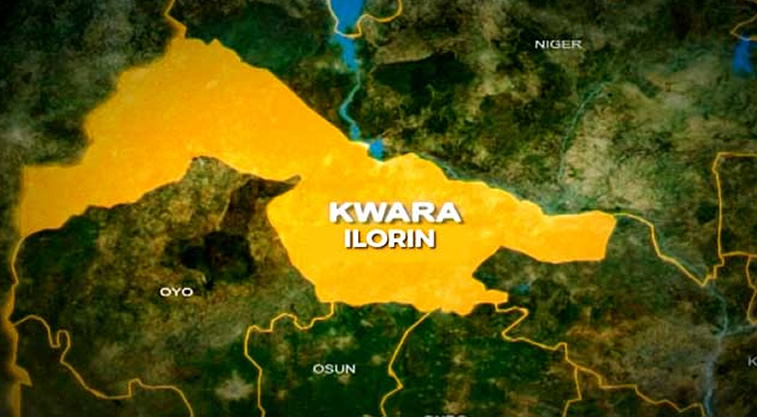[ad_1]

The Project coordinator of the World Bank-supported Rural Access and Agricultural Marketing Project in Kwara State, Isaac Kolo, has said the shortest and surest way to end rural-urban migration in Nigeria is to encourage good road network in rural areas.
Speaking on Monday at the 47th Media Parliament of the Nigeria Union of Journalists, Kwara State Council, Kolo, who highlighted the gains in well-maintained roads, explained that the menace has been a persistent challenge in developing countries which has led to overcrowding, poverty, and strain on urban resources.
He said, “The shortest surest way is a good and accessible road network that would ease the present hardship that has negatively impacted the lives of Nigerians, especially the rural dwellers.
“Road infrastructure development can be a critical strategy for reducing rural-urban migration and promoting rural development.”
According to him, a good and accessible road network “will improve rural dweller’s livelihoods: By providing access to markets, roads enable farmers to sell their produce, increasing their incomes and improving their livelihoods.
“It will increase access to services as roads facilitate access to essential services, including healthcare, education, and financial services.
“It will reduce transportation costs: Good roads reduce transportation costs, making it cheaper for rural residents to access markets and services. Enhance connectivity: Roads connect rural areas to urban and principal centres, facilitating the movement of people, goods, and services,” he pointed.
He however disclosed that Governor AbdulRahman AbdulRazaq has between 2019 and now, paid over N4billion counterpart funds for various projects embarked upon by the agency.
According to him, RAAMP is funded through contributions from the International Development Association a subsidiary of the World Bank, and the L’Agence Francaise de Development (French Development Agency, AFD) and participating states through counterpart funding.
Kolo further stated that RAAMP, a six-year programme, was formally declared effective on March 16 2021 and co-financed by the World Bank, to improve Rural Access and Trading Infrastructure, in participating states.
According to the RAAMP boss, the agency on Monday, October 24, flagged off the construction, rehabilitation and upgrade of rural roads totalling 209.77km to connect the 16 local governments, describing the feat as the fruit of huge investment, strategic planning, commitments to rural-urban development and food security.
“It is a strong drive for rapid socioeconomic growth and sustainable job opportunities,” he noted.
[ad_2]
Source link







